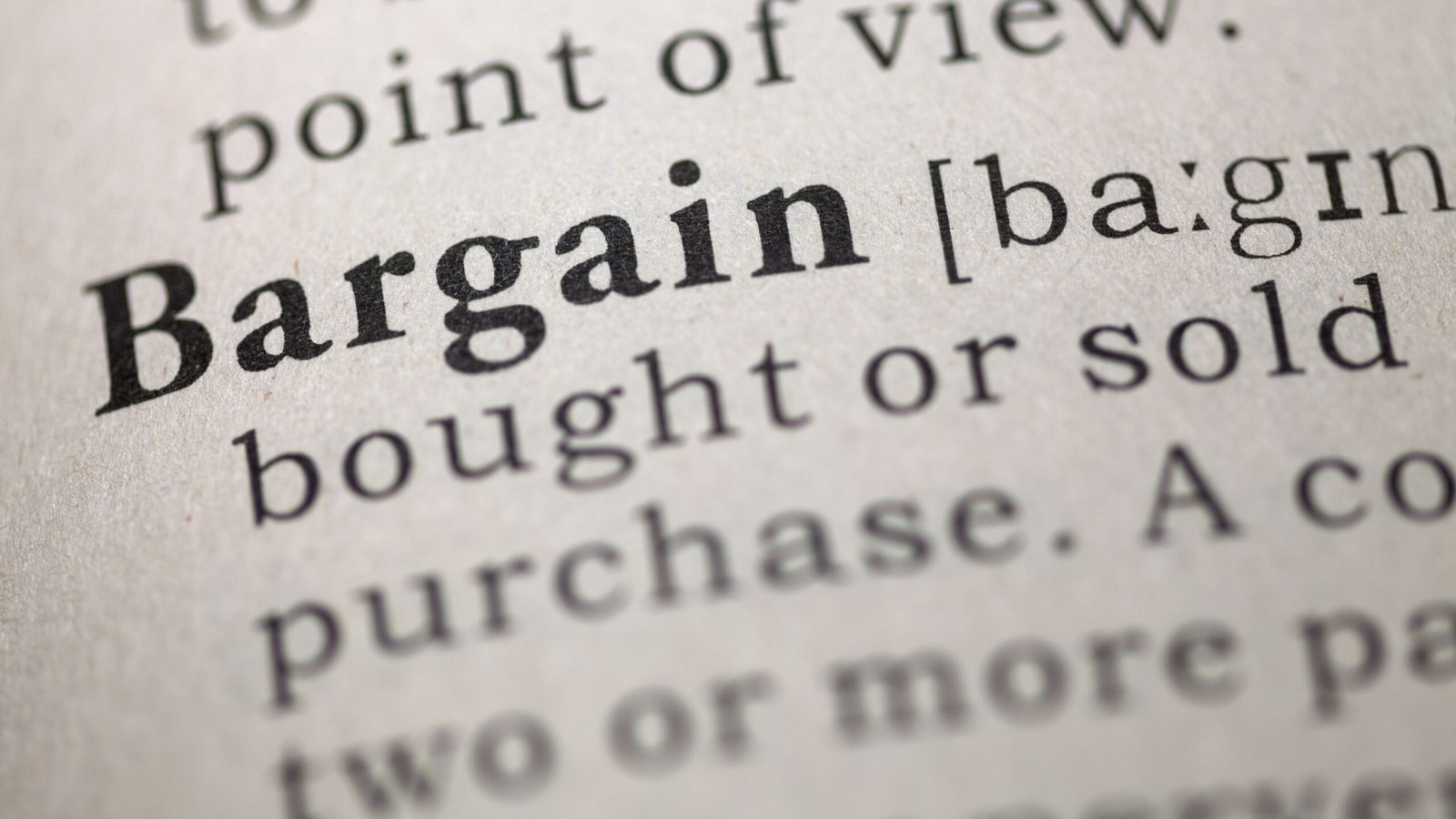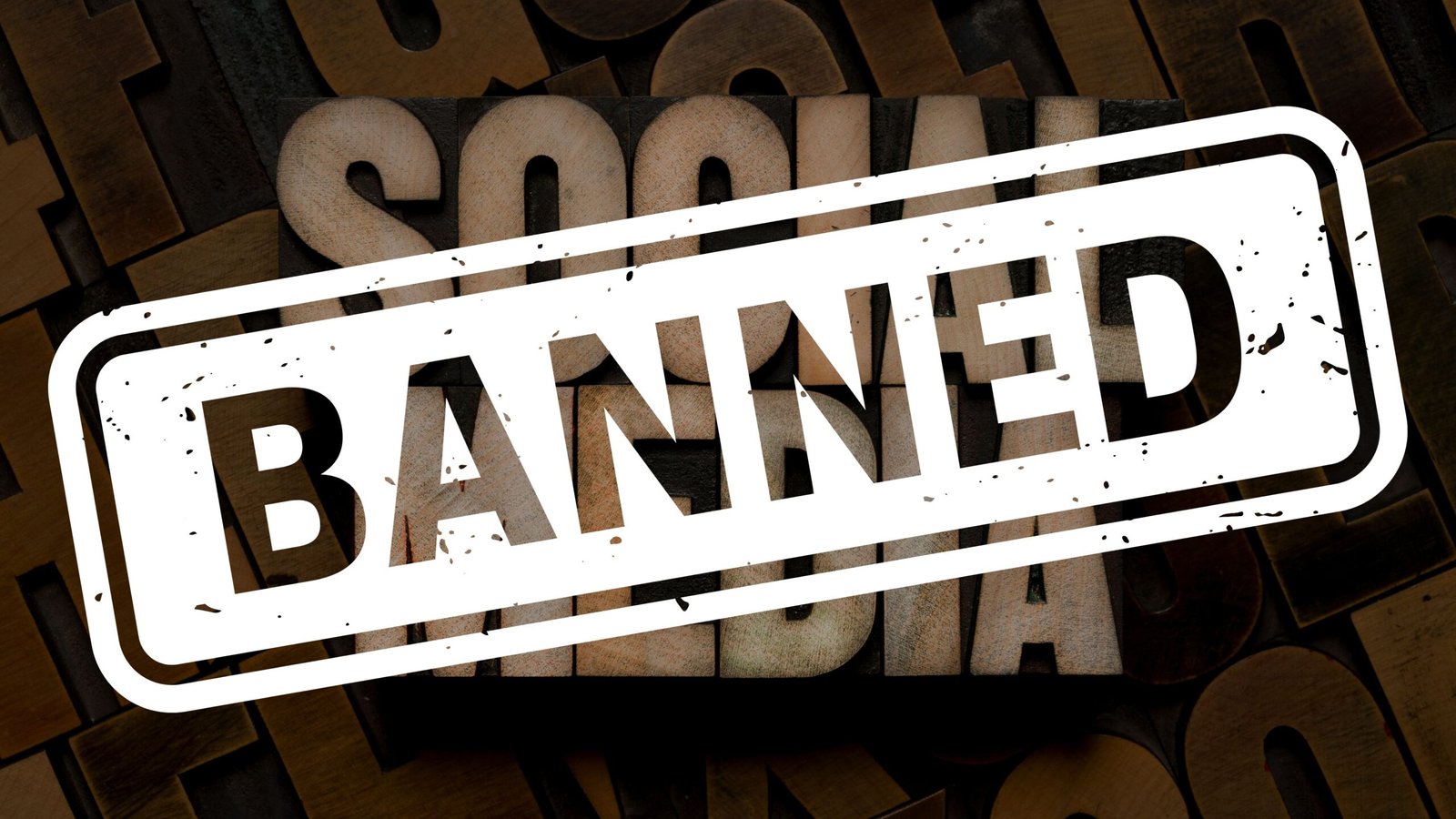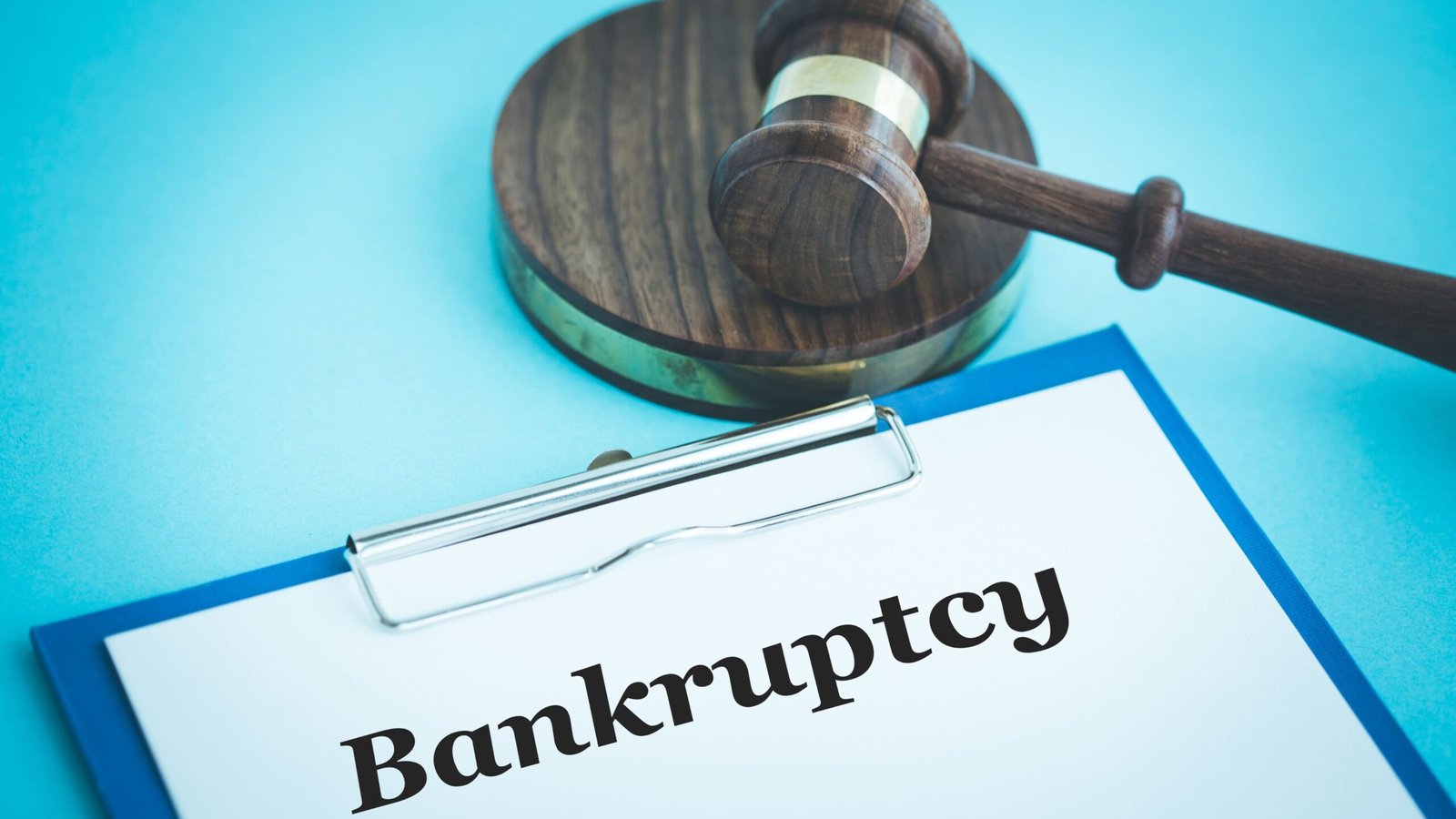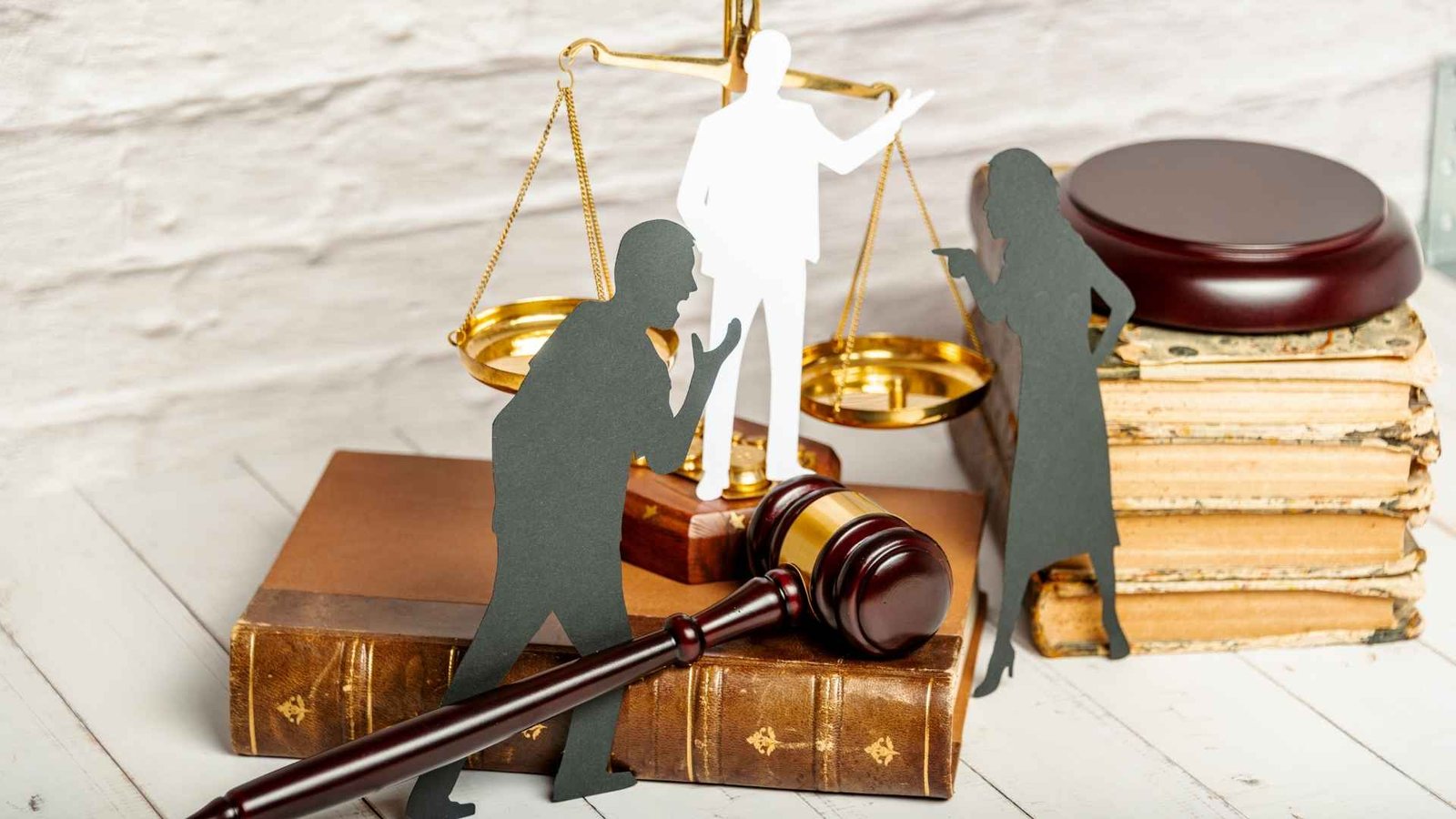On this page you will read detailed information about Power of Plea Bargaining.
As you navigate the complex world of criminal justice, understanding plea bargaining is crucial. This powerful legal tool can significantly impact the outcome of your case, potentially reducing charges or sentences. While controversial, plea bargaining has become a cornerstone of the American legal system, resolving an estimated 90-95% of criminal cases. Whether you’re facing charges or simply seeking to comprehend the intricacies of the justice system, grasping the nuances of plea bargaining is essential. In this article, we’ll explore the mechanics, benefits, and criticisms of plea bargaining, equipping you with the knowledge to make informed decisions should you ever find yourself entangled in legal proceedings.
Understanding Plea Bargaining: What It Is and How It Works
Plea bargaining is a crucial aspect of the criminal justice system, allowing defendants and prosecutors to reach agreements without going to trial. This process typically involves the defendant pleading guilty to some or all charges in exchange for concessions from the prosecutor. These concessions may include reduced charges or lighter sentences.
The Mechanics of Plea Bargaining
When you’re involved in a criminal case, understanding how plea bargaining works is essential. The process begins with negotiations between your defense attorney and the prosecutor. They discuss the charges, evidence, and potential outcomes. If an agreement is reached, you’ll be presented with a plea deal.
It’s important to note that plea bargaining is not just about admitting guilt. You must actually have committed the crime and be willing to admit this in open court before a judge. This ensures the integrity of the process and prevents false confessions.
The Role of Judges in Plea Bargaining
While judges are not typically involved in the negotiation process, they play a crucial role in finalizing plea bargains. The judge has the final authority on sentencing and must approve any plea agreement. They ensure that your rights are protected and that you fully understand the consequences of your plea.
Remember, plea bargaining is a complex process with significant legal implications. It’s always advisable to consult with a qualified attorney to navigate this aspect of the legal system effectively.
The Benefits of Plea Bargaining: Reducing Charges and Sentences
Plea bargaining is a powerful tool in the legal system that can significantly benefit defendants. This process allows for negotiation between the prosecution and defense, often resulting in reduced charges or lighter sentences. According to FindLaw, plea bargaining resolves up to 95% of criminal cases, making it a crucial aspect of our justice system.
Mitigating Potential Consequences
One of the primary advantages of plea bargaining is the potential for charge reduction. Defendants may have the opportunity to plead guilty to a lesser offense, which can have far-reaching benefits. For example, a felony charge might be reduced to a misdemeanor, resulting in fewer collateral consequences for the defendant’s future.
Lighter Sentences and Avoided Jail Time
Plea bargaining often leads to lighter sentences compared to the maximum penalties for original charges. In some cases, defendants may even avoid jail time entirely, instead receiving probation or alternative sentencing options. This can be particularly beneficial for first-time offenders or those facing less serious charges.
Expedited Resolution
Another significant advantage of plea bargaining is the swift resolution of cases. As noted by ABT Law, this process increases efficiency in the judicial system, allowing both prosecutors and defendants to avoid lengthy, costly trials. For defendants, this means less time spent in uncertainty and potentially reduced legal fees.
While plea bargaining offers numerous benefits, it’s crucial for defendants to carefully consider their options with the guidance of a skilled criminal defense attorney. This ensures they make informed decisions that best serve their interests within the legal system.
Plea Bargaining Strategies: Negotiating for the Best Outcome
Understanding the Prosecutor’s Motivation
When engaging in plea bargaining, it’s crucial to understand the prosecutor’s motivation. Prosecutors may offer plea deals for various reasons, such as quickly resolving cases or setting examples. By grasping their underlying objectives, you can tailor your negotiation strategy more effectively.
Leveraging Case Weaknesses
A key plea bargaining strategy involves identifying and exploiting weaknesses in the prosecution’s case. Look for potential violations of your constitutional rights or gaps in evidence that could be leveraged during negotiations. However, it’s essential to realistically assess whether these weaknesses are substantial enough to potentially lead to dismissed charges or an acquittal at trial.
Presenting Mitigating Factors
Providing tangible evidence of rehabilitation efforts can significantly strengthen your position during plea bargaining. This may include:
- Proof of enrollment in treatment programs
- Letters of support from family and community members
- Documentation of employment or educational pursuits
A comprehensive “Mitigation Packet” showcasing these factors can persuade prosecutors to offer more lenient plea deals.
Timing and Preparation
Effective plea bargaining often hinges on timing and thorough preparation. Early case evaluation and presentation of mitigating factors can open doors to more favorable outcomes. Additionally, a careful review of discovery materials and identification of potential legal challenges can provide valuable leverage in negotiations.
The Risks of Plea Bargaining: Knowing When to Decline
Potential for Wrongful Convictions
Plea bargaining, while efficient for the justice system, carries significant risks. One of the most concerning is the increased likelihood of wrongful convictions. Research shows that plea bargaining can induce innocent defendants to plead guilty, especially when faced with the threat of harsher sentences at trial. This fundamental flaw in the system undermines the pursuit of justice and erodes public trust.
Long-Term Consequences
Accepting a plea bargain can have far-reaching implications beyond the immediate case. A guilty plea creates a permanent criminal record that may affect future employment, housing, and financial opportunities. For some defendants, especially those charged with minor offenses, the long-term consequences of accepting a plea deal could outweigh the risks of going to trial.
Waiving Constitutional Rights
By engaging in plea bargaining, defendants often waive several crucial constitutional rights. This includes the right to a jury trial, the right to confront accusers, and the right to present a defense. The pressure to accept a plea deal can be intense, leading many to forfeit these fundamental protections without fully understanding the implications.
Potential for Better Outcomes
It’s important to remember that rejecting an initial plea offer doesn’t necessarily mean going to trial. Prosecutors often start with harsh offers, expecting negotiation. By demonstrating a willingness to go to trial, defendants may secure more favorable terms. Additionally, juries acquit defendants more often than many realize, making trial a viable option in some cases.
Finding the Right Legal Representation for Plea Bargaining
When navigating the complex world of plea bargaining, securing effective legal representation is crucial. Your attorney’s expertise can significantly impact the outcome of your case, making it essential to choose wisely.
Experience in Plea Negotiations
Look for an attorney with a strong track record in plea bargaining. Experienced lawyers often have established relationships with prosecutors, which can be advantageous during negotiations. They understand the nuances of the legal system and can better assess the strengths and weaknesses of your case.
Communication Skills
Effective communication is key in plea bargaining. Your attorney should be able to clearly explain the process, potential outcomes, and implications of any plea deal. They should also be adept at negotiating with prosecutors to secure the most favorable terms possible.
Knowledge of Local Courts
An attorney familiar with local court procedures and personnel can navigate the plea bargaining process more efficiently. They may have insights into how specific judges or prosecutors typically handle cases similar to yours.
Thorough Case Evaluation
Choose a lawyer who will thoroughly evaluate your case before entering plea negotiations. A comprehensive understanding of the evidence and potential defenses is crucial for developing strong negotiation strategies. This knowledge allows your attorney to advocate effectively on your behalf and potentially secure a more favorable plea deal.
Remember, the right legal representation can make a significant difference in the outcome of your plea bargaining process. Take the time to research and select an attorney who possesses these qualities to ensure the best possible representation for your case.
Conclusion
As you navigate the complex world of plea bargaining, remember that knowledge is power. By understanding the process, weighing your options carefully, and working closely with your legal counsel, you can make informed decisions that best serve your interests. While plea bargaining has its critics, it remains an integral part of the American justice system, offering potential benefits to both defendants and prosecutors. Whether you choose to accept a plea deal or proceed to trial, approach the process with a clear understanding of the potential outcomes and implications. Ultimately, your active participation in your legal defense is crucial to achieving the most favorable resolution possible in your case.
Disclaimer
The information and services on this website are not intended to and shall not be used as legal advice. You should consult a Legal Professional for any legal or solicited advice. While we have good faith and our own independent research to every information listed on the website and do our best to ensure that the data provided is accurate. However, we do not guarantee the information provided is accurate and make no representation or warranty of any kind, express or implied, regarding the accuracy, adequacy, validity, reliability, availability, or completeness of any information on the Site. UNDER NO CIRCUMSTANCES SHALL WE HAVE ANY LIABILITY TO YOU FOR ANY LOSS OR DAMAGE OF ANY KIND INCURRED AS A RESULT OR RELIANCE ON ANY INFORMATION PROVIDED ON THE SITE. YOUR USE OF THE SITE AND YOUR RELIANCE ON ANY INFORMATION ON THE SITE IS SOLELY AT YOUR OWN RISK. Comments on this website are the sole responsibility of their writers so the accuracy, completeness, veracity, honesty, factuality and politeness of comments are not guaranteed.
So friends, today we talked about Power of Plea Bargaining, hope you liked our post.
If you liked the information about Power of Plea Bargaining, then definitely share this article with your friends.








